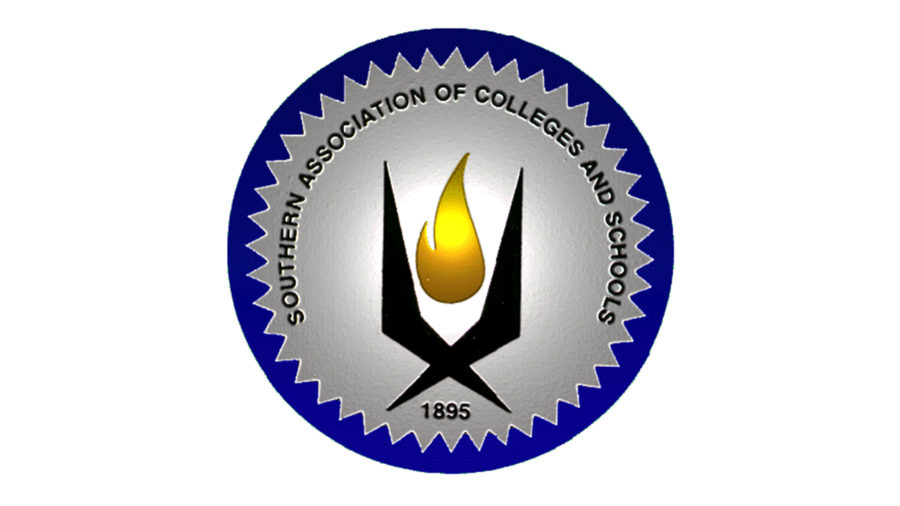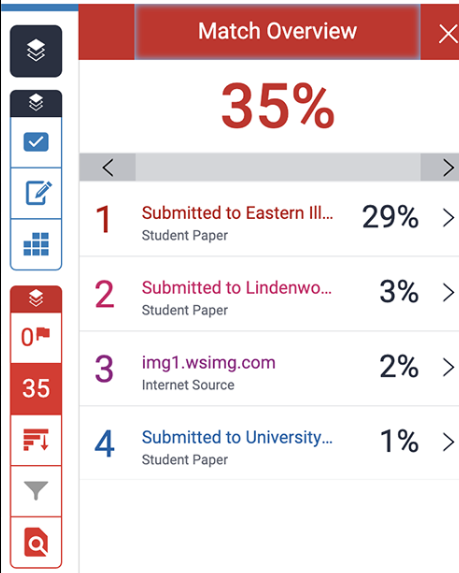The Southern Association of Colleges and Schools Commision on Colleges will soon visit for the university’s 10-year reaffirmation of accreditation review. The visit, scheduled Feb. 29 – March 3, includes a review of nearly 100 core requirements and standards as well as USM’s Quality Enhancement Plan, Eagles Engaged.
The accreditation will determine if the university gets state funding. According to the SACS COC mission statement, evaluations are meant “to assure the educational quality and improve the effectiveness of its member institutions.”
SACS COC will decide whether the university is performing up to par. Though failure is unlikely by all accounts, in such an event that USM does not pass the inspection, the school would have to go through multiple channels to appeal the decision of the reviewers
and would have severe penalties to financial aid for students.
“The Quality Enhancement Plan is basically a process that we use to identify key issues emerging from some of our assessments and focuses on learning outcomes,” said Rusty Anderson, director of Career Services.
USM placed an open call to the USM community including students, staff and alumni to get ideas on topics for the QEP Topic Selection Taskforce to consider and base its recommendations.
More than 600 people responded, and the top two ideas selected were student success and experiential learning. The QEP Research and Design Team then developed and refined these topics, focusing on gateway courses and pathway experiences.
“One is Pathways and that has to do with learning opportunities outside of the traditional classroom, such as interns, externs and research,” Anderson said.
The QEP focuses on helping students gain experience outside the classroom and gives more of a hands-on training aspect to the job or career a student is considering.
“The goal was to really connect a student’s post graduation goals to their current studies,” Anderson said. “So in terms of preparing and helping them validate where they’re heading, also gain experiences to help them achieve that.”
According to Director of Quality Enhancement Programs Julie Howdeshell, the gateways component of the plan focuses on historically difficult courses. Gateways are courses in which a large number of students do not complete or have difficulty passing specific courses with a C or higher. These courses are foundational courses which students must have to graduate.
“This process has been going on for over two years, and so some students that are freshman may not, for instance, be as familiar with it,” said Howdeshell. “Also, I would add that many students come to this not necessarily knowing about accreditation or QEPs, but they know what comes from it.”
As part of the first QEP, the university established the Speaking Center and expanded the Writing Center. USM added the Writing Center and the Speaking Center to the Gulf Coast campus due to this plan.
SACS COC expects a for a specific set of requirements to be met, according to Patricia Donat, a vice president for SACS COC, “the visiting committee will be looking to confirm ongoing compliance with the principles of accreditation,” Donat said.
“The university submitted to the Commission, as part of our process, a Compliance Certification Report in which they provided a narrative and with documentation supporting their compliance with each of the principles of accreditation,” Donat said.
A peer-review team evaluates the standards. SACS COC does not pay the reviewers but only reimburses for their travel expenses.
The university pays $10,851 annually and the invoice is sent directly to the President’s office. This is then paid through an account for this specific purpose.
Accreditation is critical to receiving federal funding and ensuring the quality of institutions of higher learning.




























